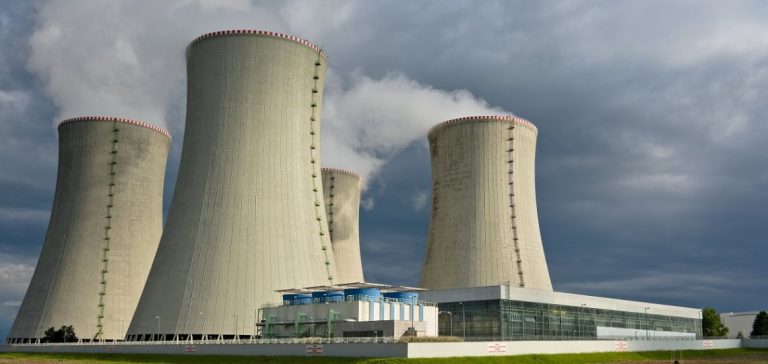The South Korean energy giant, Korea Hydro & Nuclear Power (KHNP), recently won a tender to construct two nuclear reactors at the Dukovany power plant in the Czech Republic. This victory elicited reactions from international competitors, notably the French group EDF and the American company Westinghouse, who filed appeals against this decision. EDF expressed its desire to “ensure that the tender process aligns with the principles of fair trade,” while Westinghouse accused KHNP of using its technologies without authorization.
KHNP has firmly denied any subsidy accusations from the South Korean government in the context of this tender. In a statement addressed to Agence France-Presse (AFP), the Korean group stated: “KHNP has not received any subsidies nor promises of subsidies from the South Korean government in the context of the tender for the construction of new nuclear units in the Czech Republic.” This declaration aims to clarify doubts regarding the fairness of the tender process and to strengthen KHNP’s position in the international market.
European regulations and Czech tender
According to KHNP, the Czech project does not fall under a public market and the tender was launched in March 2022, before the implementation of the European regulation on foreign subsidies. This regulation, which came into effect in January 2023 within the European Union (EU), aims to combat direct or indirect financial contributions from a non-EU country that provide an advantage to a company present in the single market. KHNP thus emphasizes that “the European regulation on foreign subsidies does not apply to the Czech project,” thereby justifying the absence of subsidies in this specific context.
Project prospects and implementation schedule
The Czech Republic plans to sign an official agreement with KHNP by next March. The construction of the nuclear reactors is expected to begin in 2029, with the first reactor’s trial operation scheduled for 2036. This ambitious timeline reflects KHNP’s commitment to meeting deadlines and ensuring the quality of the nuclear facilities planned at the Dukovany power plant.
Collaboration with Czech companies
KHNP has already signed 76 cooperation protocols with Czech companies, which will need to supply 60% of all materials necessary for constructing the new nuclear units. This collaboration strengthens economic ties between South Korea and the Czech Republic, while also stimulating local industrial development. By integrating Czech partners into the supply chain, KHNP also ensures compliance with local requirements and promotes national expertise in the energy sector.
Reactions and implications for the nuclear market
The appeals filed by EDF and Westinghouse highlight competitive tensions in the international nuclear market. These legal actions could potentially delay the project’s implementation, but KHNP remains confident in the legitimacy of its tender. The outcome of these appeals could impact KHNP’s reputation and influence future competitions in the global energy sector.
Innovations and technologies used
KHNP plans to integrate cutting-edge technologies in the construction of the Dukovany nuclear reactors. The use of innovative solutions aims to improve energy efficiency and ensure the safety of the facilities. By adopting these advanced technologies, KHNP demonstrates its commitment to the energy transition and the reduction of carbon emissions, thereby contributing to the environmental objectives of the Czech Republic and the European Union.






















